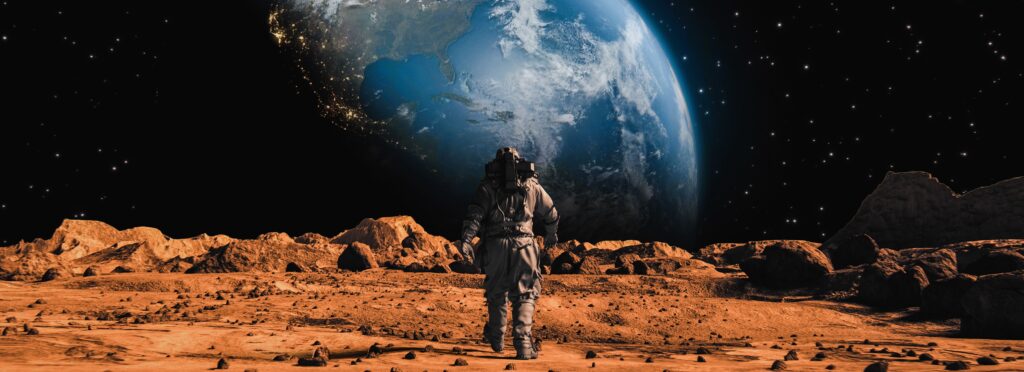It’s summer in Boston. I’ve been enjoying the long sunny days, and the summer is usually slower at HBS. A lot of prepping for the fall term is slowly coming to people’s schedules, and I’m wrapping up my projects as I prepare to embark on my journey to New Jersey.
I’m in the headspace of closing things out, so it’s a great time to cover what I thought were some of the biggest tech stories in June.
AI? You mean Apple Intelligence
Apple’s new AI, Apple Intelligence, will make your iPhone, iPad, and Mac smarter and more fun to use. Sorry to disappoint all the Apple users out there, but I run on Android, so many of the new features don’t resonate very strongly with me, but I did watch highlights from the WWDC, and it got me thinking about all the unique use cases that I think would be great additions to our smartphones. Having AI and NLP embedded throughout the phone’s features will be a great way to improve predictive messaging. While this makes me more scared about my phone becoming my digital clone, I can see ways in which my phone will eventually be able to automate aspects of my life.
While this wasn’t a specific use case in the keynote, I can imagine my phone preemptively reminding me to complete specific tasks. For example, I am the type of person who will read a text message, think of my response, and then forget to respond altogether. How neat would it be for my phone to remind me at the end of the day that there are two messages from my friends that I need to respond to? There are a million ideas for how I would love to automate my life. The move towards more custom features like “Genmojis” gets me excited for the future features in store.
AI and Fair Use Redefining Creativity
The Chamber of Progress has launched the “Generate and Create” campaign to defend fair use protections for generative AI, particularly the right for companies like OpenAI to scrape the internet for training data. The campaign emphasizes the creative potential of AI and argues that generative AI outputs are non-infringing as they lower the barriers to artistic creation. This appears to be a direct response to legal actions taken to protect creatives against OpenAI. This campaign will push for favorable AI-related legislation and participate in legal cases supporting fair use. Major tech companies like Amazon, Google, and Meta are known to support the Chamber’s efforts.
This is huge news because it’s not clear what the copyright regulations should look like for generative AI. I have a deep appreciation of generative AI tools, and I have experienced the superpower-like abilities they have given me. I am not a great artist by any means, but being able to see the ideas that exist only in my head get produced by tools like Midjourney completely blows my mind. Generative AI, on many occasions, has given me the power to do more than I could have ever imagined. That said, I strongly believe that stricter copyright laws must be presented to protect creatives. Artists spend decades perfecting their style and craft, and I believe it is unfair to train ML models to repurpose their work in seconds. While I don’t wish to see the technology shut down, I trust there are ways to protect creators and provide incentives that may encourage them to share their work.
AI on Mars
At the AI Summit in London, Crystal Johnson, NASA’s Deputy Center Director, talked about how NASA is using AI and technology to get humans to Mars. In her panel, I just kept thinking to myself how much this sounds like Matt Damon’s feature film, The Martian. She mentions that AI can help with sustainable food production on Mars by using advanced farming technology. AI can monitor soil moisture, air quality, and environmental conditions through satellites to ensure food growth in harsh conditions. Johnson also said that AI and machine learning are critical for predicting solar flares, which are deadly to humans on Mars. By leveraging AI, scientists can predict the timing and intensity of these events, allowing for timely protective measures. If you were lost in her talk, I recommend you watch The Martian. If you understood her talk, you should still watch The Martian—it’s a good movie. Johnson also touched on NASA’s focus on short-term projects while working toward bigger goals, like sending people back to the Moon next year. She highlighted how important it is for NASA, private companies, and universities to work together while also keeping AI security in mind as they move forward.
These were some of my favorite stories from this month! Leave a comment with your favorite stories and keep the community growing!

